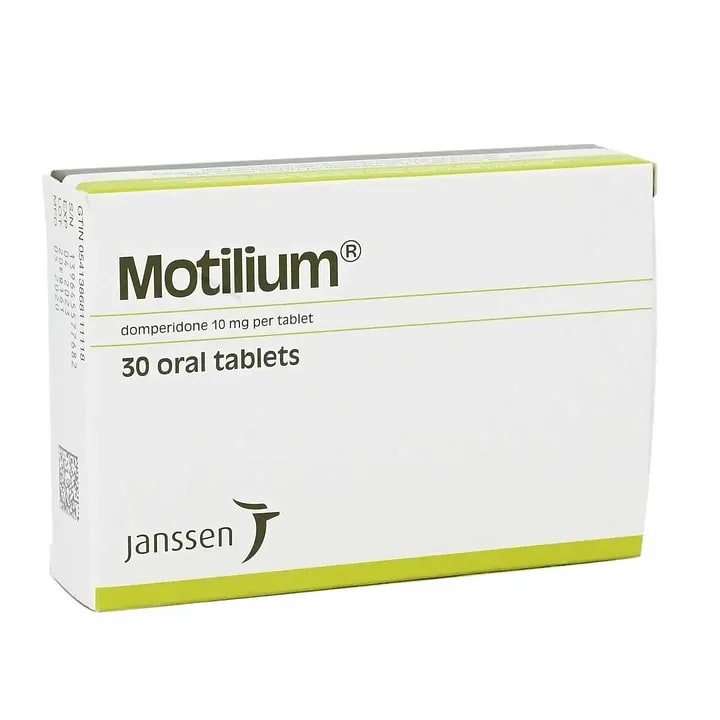Are you willing to put your baby at risk just to breastfeed?
The dangerous combination of medications allows transgender women to breastfeed.

Mika Minio-Paluello, a transgender woman, shared a photo of herself breastfeeding her newborn baby. This practice has stirred controversy and experts have labeled it as ‘self-indulgent’ and ‘selfish.’ Transgender women have to rely on a potent combination of drugs to produce breast milk, and there are concerns that these medications can pass through the milk to the baby, affecting the baby’s heart.
The most common drugs used to create breastmilk include:
administering hormone-boosting medications, such as oral contraceptives (the pill). Additionally, other drugs like metoclopramide (an anti-sickness medicine), digitalis (a heart medication), chlorpromazine (an anti-psychotic), and sedatives are used to increase prolactin levels, the hormone responsible for milk production.
Domperidone, commonly known as Motilium, is primarily prescribed as an anti-nausea medication. However, its usage has an interesting consequence — it increases the levels of prolactin, a hormone that stimulates milk production in the body. As a result, some women, such as adoptive mothers or those conceiving through surrogacy, who do not undergo the natural changes leading to lactation, have utilized this medication to induce milk production.
This has also led to its adoption by some trans women who are eager to enhance their milk production. While not officially approved for this purpose by the NHS, doctors are allowed to prescribe it “off-label” — meaning using the drug outside of its intended use — to boost milk production in these cases.

Despite this, the patient leaflet for Motilium advises breastfeeding mothers against using the drug while nursing a baby due to potential safety risks. Small amounts of the medication have been detected in breast milk, and it may cause adverse effects on the heart of a breastfed baby. Therefore, it is recommended to use Motilium during breastfeeding only if the physician deems it absolutely necessary.
Experts have raised concerns over the lack of understanding regarding the implications of the Newman-Goldfarb protocol.
Critics argue that artificially produced milk through the use of Motilium cannot fully meet the appetite of a growing infant. According to Professor Jenny Gamble, a midwifery expert at Coventry University, recent research indicates that the milk produced by trans women closely resembles that of “mature” breastmilk, lacking colostrum, the highly nutritious component of breast milk produced in late pregnancy and shortly after birth, often referred to as “liquid gold” for newborns.
Due to these concerns, the drug has never been approved by US health authorities. The FDA, the medical regulatory body in the United States, has highlighted additional serious risks such as cardiac arrest and sudden death.
Under a special access scheme, only patients with severe gastrointestinal conditions are eligible to receive the drug.
Despite these restrictions, some trans women in the US continue to import and use the drug from overseas in order to induce lactation and breastfeed newborns.
In response, an NHS England spokesperson stated that this practice does not align with NHS policy, emphasizing that there is no indication of its availability through the NHS.
Officials are uncertain about the exact number of women, including trans women, who use the drug for this purpose. The spokesperson also declined to comment on whether trans women are eligible for this treatment through the NHS.
According to Professor Jenny Gamble, a midwifery expert at Coventry University, there is a strong possibility that trans women may not produce sufficient quantities of fluids necessary to sustain a newborn. Additionally, the long-term implications of inducing lactation in this context remain largely unknown.
Health experts have raised concerns about the NHS advising individuals to continue taking hormone transitioning medications, such as testosterone, while engaging in 'chestfeeding'. The NHS acknowledges that the impact of these medications on the baby is uncertain, leading to apprehension among experts.
About the Creator
Enjoyed the story? Support the Creator.
Subscribe for free to receive all their stories in your feed. You could also pledge your support or give them a one-off tip, letting them know you appreciate their work.





Comments
There are no comments for this story
Be the first to respond and start the conversation.